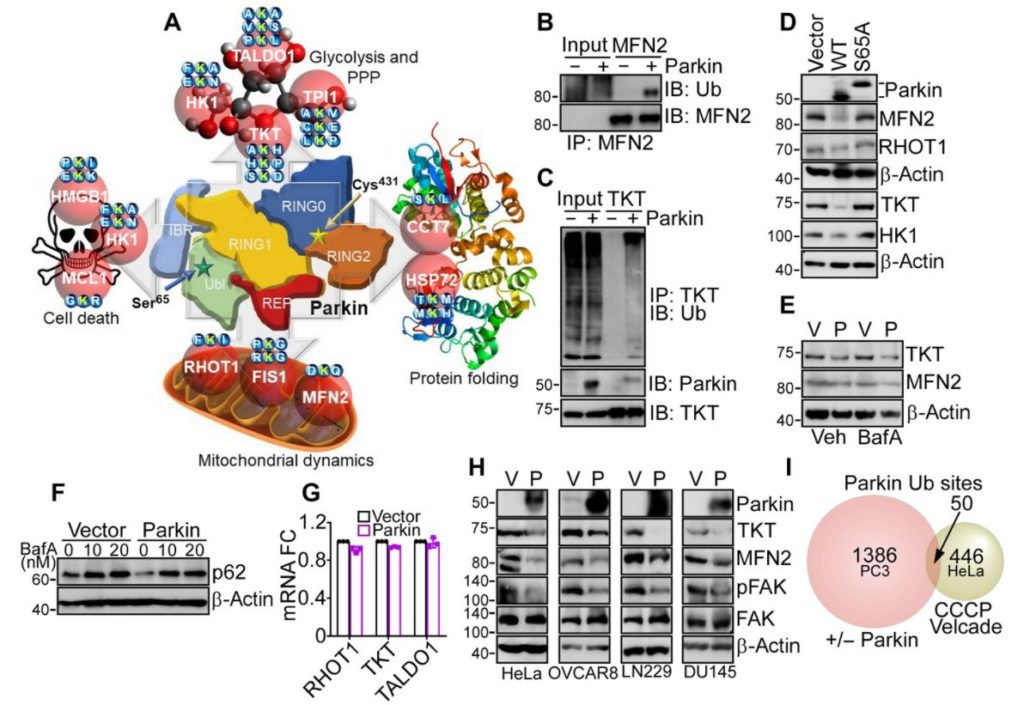
metastases tagged posts


Targeting metastasis-initiating cells through the fatty acid receptor CD36
A specific protein, CD36 found in the cell membranes of tumour cells, is responsible for taking up fatty acids. This unique CD36 activity and dependence on fatty acids distinguishes metastasis-initiating cells from other tumour cells. The work was published today in the journal Nature. Professor Benitah’s team found CD36 was present on metastatic cancer cells from patients with a range of different tumours including oral tumours, melanoma skin cancer, ovarian, bladder, lung and breast cancer. To confirm its essential role in cancer spread, they added CD36 to non-metastatic cancer cells which then caused the cells to become metastatic.
“Although we have not yet tested this in all tumour types, we can state that CD36 ...
Read More
Target cells (green) stick to the microarray platform (red). Credit: Michael Hirtz / KIT
To date, it has been difficult to detect cancer cells in the blood at an early stage: about 1 malignant cell is encountered per billion of healthy cells. “Detection of cancer cells in blood in the early stage of a disease is difficult, because concentrations of the cancer cells are extremely small,” Harald Fuchs explains. “We are searching for the needles in the haystack.” The number of extracted tumor cells allows conclusions to be drawn with respect to the success of therapy and the future course of the disease. Genetic analysis of cells allows therapies to be adapted to the type of cancer to be treated.
“With our method, we reach a very high hit rate: More than 85% of the extracted cells really are ...
Read More“As opposed to the lung cancer studies, the primary melanoma tumor was not affected,” Professor Bergö says. “But the antioxidant boosted the ability of the tumor cells to metastasize, an even more serious problem because metastasis is the cause of death in the case of melanoma. The primary tumor is not dangerous per se and is usually removed.”
Experiments ...
Read More






Recent Comments